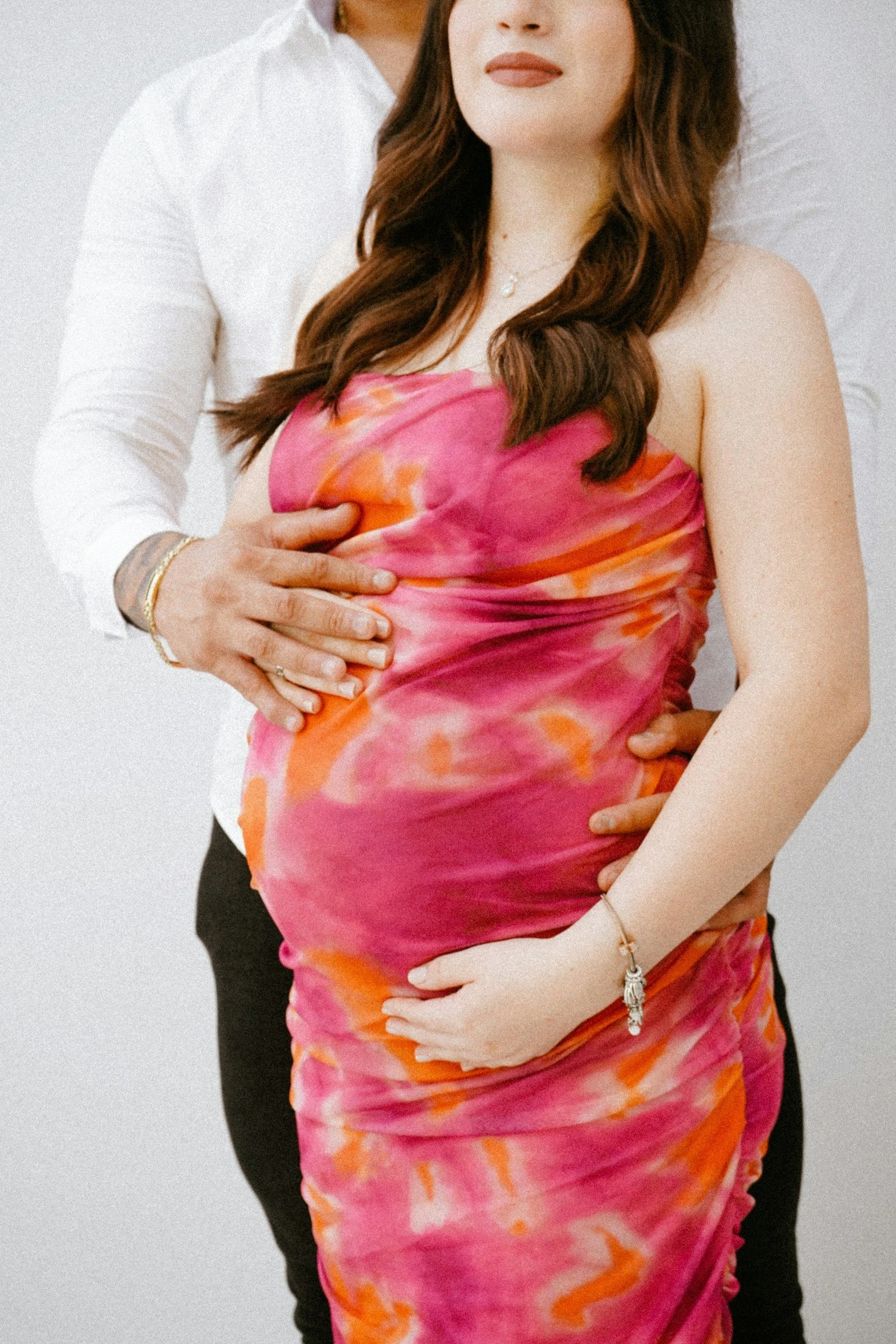Consultation & Examination at Your Infertility Visit
Your first infertility visit is not just about medical tests — it’s about listening to your story, understanding your unique journey, and creating a personalised fertility plan.
During your appointment, our consultant will take time to explore your history, assess potential causes, and guide you through the right investigations. The aim is to build a clear picture of your fertility health and support you with a tailored approach moving forward.
Famale Examination
A focused physical and gynaecological exam may include:
General exam – weight, BMI, signs of hormonal imbalance (excess hair, acne, thyroid changes)
Breast exam – to check for galactorrhoea or hormonal signs
Abdominal & pelvic exam – tenderness, masses, enlarged uterus, ovarian cysts
Speculum & bimanual exam – cervix, vaginal health, uterine size, adnexa.
Male Examination
A basic male exam may include:
General exam – weight, BMI, hair distribution, breast development
Genital exam – testicular size and consistency, presence of varicocele, absence of vas deferens, penile abnormalities
Initial Consultation
Your fertility specialist will take a detailed history from both partners, including:
Duration of infertility and whether it is primary or secondary
Menstrual history – cycle length, regularity, ovulation patterns
Past pregnancies or miscarriages
Medical history – thyroid disease, diabetes, PCOS, endometriosis, pelvic infections
Surgical history – pelvic, abdominal, or reproductive tract surgery
Medication use and allergies
Lifestyle factors – smoking, alcohol, weight, exercise, stress
Sexual history – frequency and timing of intercourse, erectile or ejaculation problems
Family history of fertility issues or genetic conditions
After the Consultation
You’ll receive a personalised plan for investigations (blood tests, imaging, semen analysis, etc.)
Our consultant will discuss next steps and possible treatment pathways
Emotional support and counselling options will also be offered
Infertility Investigations
When a couple struggles to conceive, a thorough evaluation helps identify the underlying cause and guide the most appropriate treatment. Investigations usually involve both partners, since infertility can arise from female, male, or combined factors. Below is a list of the most common investigations that may be recommended. In most cases, only the routine tests are needed initially. Investigations should not be unnecessarily repeated — if you have had tests done previously, please bring the results with you to your consultation. Not every couple needs every test. Your fertility specialist will recommend a personalised plan based on your history, symptoms, and previous treatments.
Female Partner investigations
1. Blood Tests
Hormone profile (FSH, LH, AMH, Prolactin, TSH, Estradiol, Progesterone)
Ovarian reserve assessment (AMH, Day-3 FSH/LH, Antral follicle count)
2. Ovulation Assessment
Mid-luteal phase progesterone
Ultrasound follicle tracking
3. Imaging Tests
Pelvic ultrasound → uterus, ovaries, endometrium
HSG (Hysterosalpingogram) → X-ray test to check fallopian tube patency
Sonohysterography / Saline scan → uterine cavity assessment
Hysteroscopy → direct visualisation of the womb cavity
4. Other Special Tests
Laparoscopy (for endometriosis, tubal disease)
Male Partner Investigations
1. Semen Analysis
Sperm count, motility, morphology, vitality
2. Hormonal Profile
Testosterone, FSH, LH, Prolactin
3. Imaging
Scrotal or transrectal ultrasound (if varicocele or obstruction suspected)
4. Other Advanced Tests
Sperm DNA fragmentation test
Genetic tests (if very low sperm count or azoospermia)
Combined / Additional Investigations
Infection screening (STIs, chronic infections)
Genetic testing (karyotyping, screening for inherited disorders)
Immune and clotting profile (in recurrent miscarriage or implantation failure)






